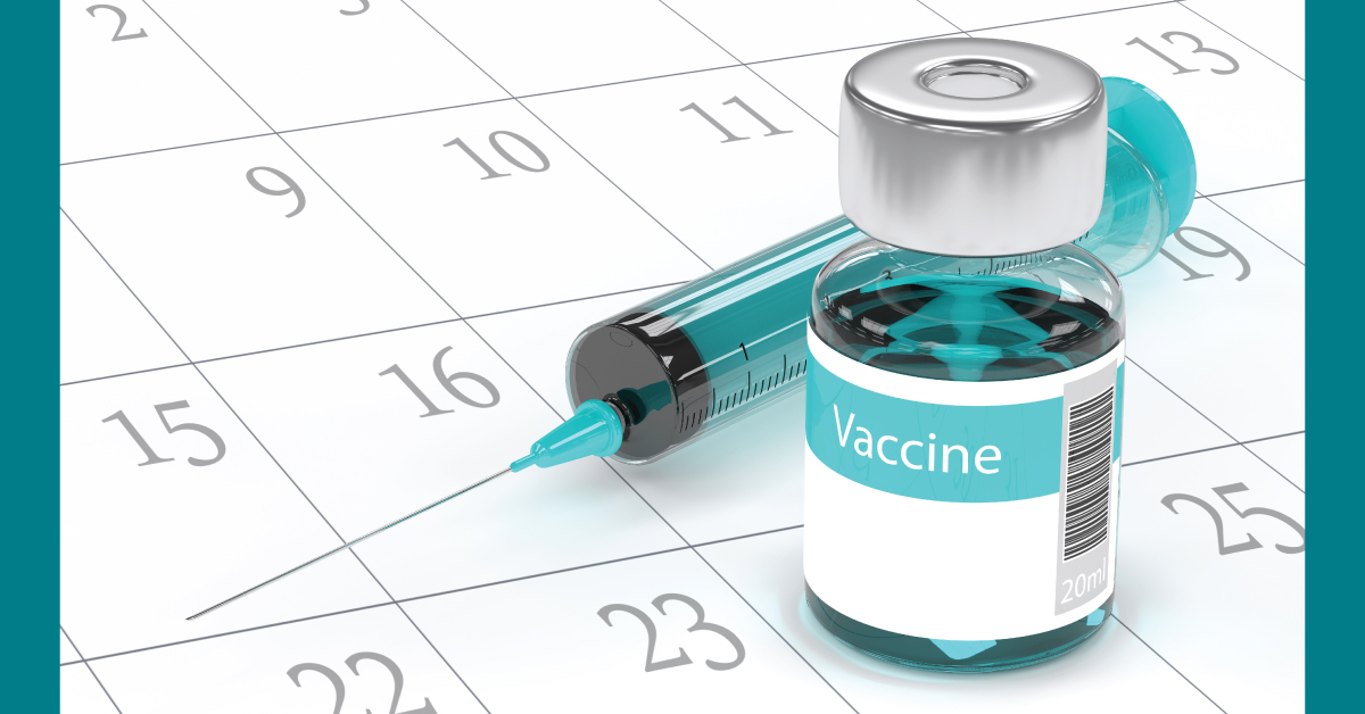Is It Too Soon to Get a Flu Shot This Year?

When Is the Best Time to Get a Flu Shot?
By Sarah Wilczek, pharmacist at Network Health
8/15/2022
It may be hard to believe, but summer is already reaching its final stage. Come September, school will be back in session, Packers football will be on the TV and the leaves will begin their annual changing of colors. It’s all a sign that a more sinister annual occurrence is on the horizon – flu season.
Flu, or influenza, is a viral illness of the respiratory system that can cause such symptoms as a cough, fever, runny or congested nose, general body aches, sore throat, fatigue and more. More common in children than adults are the symptoms of vomiting and diarrhea. Though millions of people in the United States contract the flu each year without any long-term effects, there are some who will experience more severe complications, especially those who are at a higher risk.
Who Is at a Higher Risk of Severe Flu Complications?
Certain groups of people are considered high risk for developing serious complications that could result in hospitalization or even death. Though everyone should play a part in combating the spread of flu, these particular health groups should take extra care to avoid contracting the influenza virus.
- Adults 65 years of age or older
- Children younger than 2 years of age
- Pregnant people
- People with disabilities
In addition, those with the following conditions are also considered to be at a high risk.
- Asthma
- HIV/AIDS
- Cancer
- Chronic kidney disease
- Blood disorders
- Chronic lung disease
- Liver disorders
- Neurological or neurodevelopment conditions
- Endocrine disorders
- Metabolic disorders
- Obesity
- People who have had a stroke
Who Should Get the Flu Shot?
All that said, the Centers for Disease Control and Prevention (CDC) recommend everyone 6 months of age or older get the flu vaccine, with few rare exceptions. Doing so reduces your chance of illness or at least reduces the severity of the virus if you still catch it, meaning fewer visits to your personal doctor and less time away from school or work.
Depending on your age, it may be best to receive one particular flu vaccine over another. Your personal doctor or pharmacist can help ensure you receive the right vaccine for your age and condition.
When Should You Get Your Flu Shot?
Influenza can spread and be contracted throughout the year, but what we call “flu season” generally takes place in the autumn and winter months of the year in the United States. According to the CDC, this rise in activity is often noticed in October, while peaking in December through February. Significant influenza activity can, however, last through May. With that in mind, when is the right time to get your flu shot?
The CDC recommends getting a flu vaccine before the illness spreads throughout your community, with September and October typically being the best months. Even if you haven’t been vaccinated by the end of October, it is still beneficial to receive the vaccine.
[Read more: Addressing the myths about the flu vaccine]
Is It Possible to Get the Flu Vaccine Too Early?
Because prevailing flu strains can change year to year, the flu vaccine is one that you are recommended to receive each year as well. Before flu season starts, medical experts will determine which strains are likely to dominate in the upcoming flu season, with a newly modified vaccine being released each year based on this determination.
So, can you get your vaccine too early in the year? Sort of. You certainly wouldn’t want to get the flu vaccine from the past flu season and expect it to fully protect you in the upcoming flu season. Moreover, the vaccine decreases in effectiveness overtime, so the CDC recommends those 65 years of age or older do not get vaccinated early in July or August. Doing so could result in inadequate protection come later in the flu season.
Reasons to Get the Flu Vaccine Early
Early vaccination does make sense for some people, however, and there may be situations where you should talk to your personal doctor or pharmacist about receiving the vaccine earlier than September or October.
According to the CDC, children can get the vaccine as soon as it is available. Children 6 months to 8 years who have not previously received a flu vaccine in their lives will need to receive two doses of the vaccine four weeks apart. Adults aged 65 or older who may not be able to receive the vaccine at a later time and pregnant people in their third trimester may also be considered for early vaccination.
[Read more: Common questions (and our answers) about the flu shot]
This year, don’t go without the flu vaccine. If you have questions about which vaccine you should receive, or when or where to receive it, talk to your personal doctor or pharmacist. For any questions about your health plan, feel free to contact us at Network Health.



